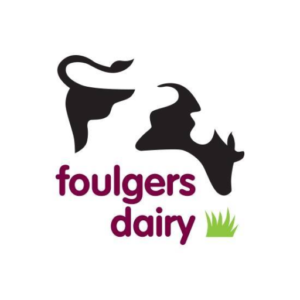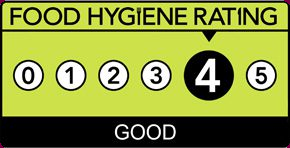Local honey creates a buzz!
It’s estimated that about 1/3 of all human food supply depends on pollination and without bees the process of pollination would be very long winded and time consuming. It’s no wonder then that there is worldwide concern about the decline in our bee population.
Pollination happens when the bees are out and about on their everyday duties collecting nectar with their long straw-like tongue called a probiscus. Whilst they are transporting the nectar back to the hive, their bodies break down the nectar in to two simple sugars – fructose and glucose. Back at the hive, the nectar is deposited into the honeycomb cells and the bees beat their wings to fan and thicken the liquid. When the honey is just perfect, the bees seal the honeycomb with beeswax which is when it will be collected for consumption.
Of course, this time of year particularly is when we’re most likely to see bees going about their daily ritual from one blossom to the next and it’s important that we know how to protect them so that we can continue to enjoy fresh produce let alone the delicious honey they provide!
How can you help protect bees?
With a little work in the garden, we can all help provide a fantastic environment for a wide range of bees throughout the year.
Planting a diverse range of nectar-rich flowering plants and shrubs that bloom at different times of the year. Great choices include borage, cornflowers, seedum, sunflowers, ivy, Aubretia, scabious, hebe, winter flowering crocus and winter flowering hellebore.
Making a nesting site encourages solitary bees to nest. There are several options you can buy at the garden centre or you can make your own with a plastic bottle and garden canes! Hang your nest from a tree branch in a sheltered sunny spot to encourage our bee visitors in.
Bees also need a drink! A simple shallow pot sunk into the garden or birdbath with a few submerged rocks will do the trick and enable the bees to reach water without drowning.
Try to avoid using pesticides or fungicides on your plants. Instead, encourage natural predators to deal with any unwanted garden pests.
Enjoy honey from local sources!
Kevin and Julie Thorn run Stour Valley Apiaries and are passionate about bee conservation and educating the next generation of bee keepers.
Their pure honey has all the good bits left in and is produced from apriaries around Lavenham. We are proud to support Kevin and Julie by stocking their set and runny honey in 4oz or 12oz jars for local, doorstep delivery along with your regular order.
If you would like to add Pure Suffolk Honey to your next order please visit our website
Bee Fast Facts:
- You can find honey bees on every continent except Antartica!
- Honey is between 80-95% water and the rest sucrose
- Over 270 species of bee have been recorded in Great Britain
- Bees have 5 eyes and 6 legs!
- Male bees in the hive and are called drones, they do not have stingers

